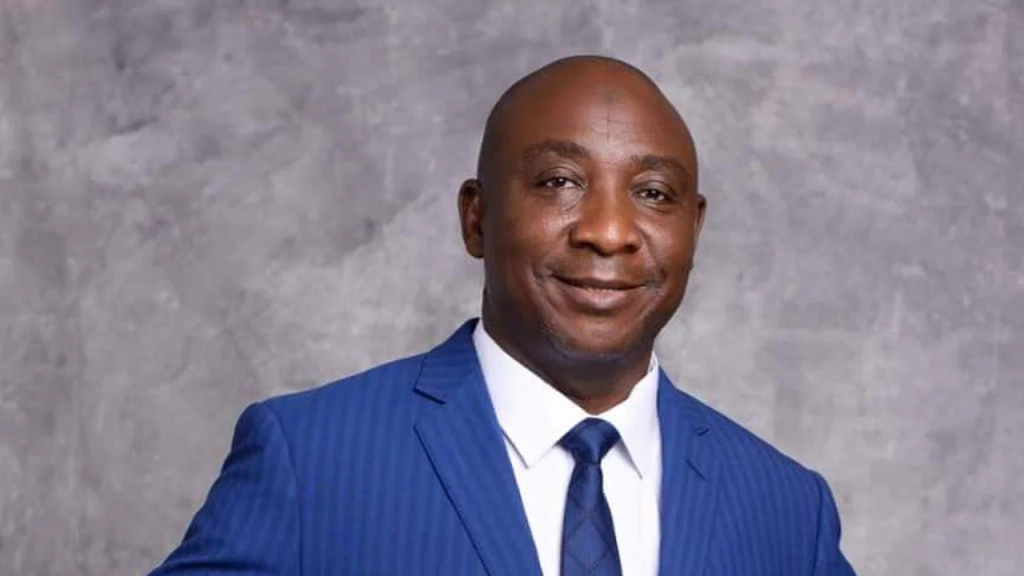Nigerian President Bola Tinubu has been lauded for his unprecedented recognition of the country’s women’s football team, the Super Falcons, following their dramatic victory at the 2024 Women’s Africa Cup of Nations (WAFCON). During a celebratory event at the Presidential Villa in Abuja on Monday, Tinubu awarded each player $100,000, while team officials received $50,000 each. The squad was also gifted three-bedroom apartments in the government-backed Renewed Hope Estate and conferred with Nigeria’s national honor, the Order of the Niger (OON), one of the country’s highest civilian distinctions.
The Super Falcons clinched their WAFCON title in a fiercely contested 3–2 final against host nation Morocco on Saturday, marking their first tournament win in over two decades. Tinubu welcomed the team back from Morocco with a ceremony that underscored their achievement as a milestone for Nigerian sports. “I am overjoyed because Mr. President has done what no leader before him had done,” said Ibrahim Gusau, President of the Nigeria Football Federation (NFF), during the event. He emphasized the broader societal impact, calling the gesture “a fillip to draw out the girl-child in our country to seek greatness through legitimate ways.”
Gusau’s remarks highlighted the symbolic importance of Tinubu’s rewards, framing them as a catalyst for inspiring young women across Nigeria. The cash awards, housing grants, and national honors represent one of the most substantial public recognitions ever bestowed on a Nigerian sports team. While past administrations have celebrated athletic successes, the scale of this reward package—particularly for a women’s team—has been described as groundbreaking.
The event also drew attention to Nigeria’s ambitions in global women’s football. The Super Falcons, Africa’s most decorated women’s team, have historically faced challenges in securing financial and institutional support despite their consistent continental dominance. Tinubu’s public acknowledgment aligns with growing calls for equitable investment in women’s sports, both in Nigeria and globally. Analysts suggest the recognition could boost morale ahead of the team’s participation in international competitions, including qualification efforts for the 2024 Paris Olympics.
The ceremony at Aso Rock, Nigeria’s seat of power, signals a strategic shift in how the government engages with sporting achievements. By linking the team’s success to national pride and youth empowerment, Tinubu’s administration aims to reinforce sports as a vehicle for social cohesion. The Renewed Hope Estate, part of a broader housing initiative, adds a tangible asset to the players’ rewards, addressing long-standing concerns about athletes’ post-career stability.
While celebrations continue, observers note that sustaining progress in women’s football will require consistent policy support and funding. For now, the Super Falcons’ triumph—and the government’s response—has ignited conversations about gender equity in sports and the potential for athletics to drive societal change. As Gusau noted, the moment transcends football: “This is a magnificent day for women’s football and indeed, football generally.” The team’s next challenge lies in converting this momentum into lasting advancements for the sport and its athletes.
